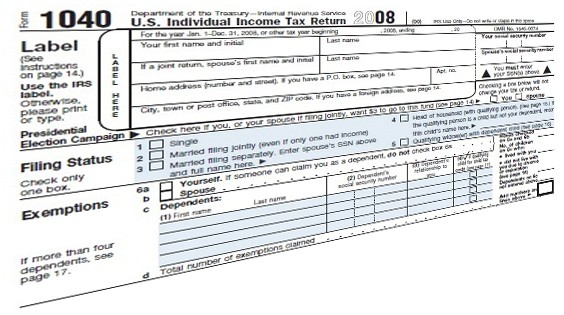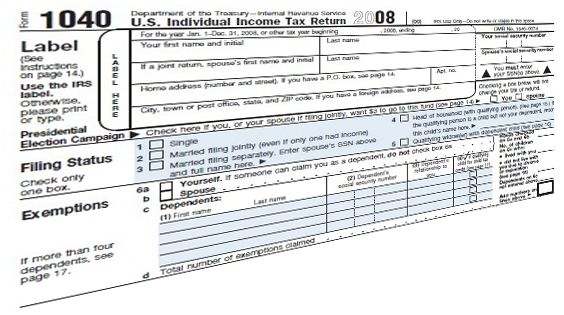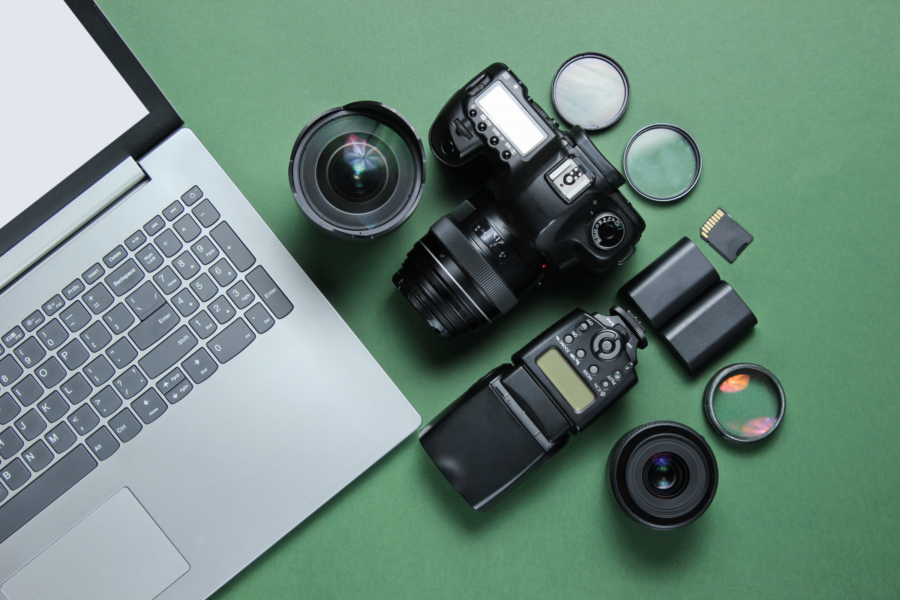Share
10 Common Tax Deductions for Your Photography Business
Tax Day is right around the corner, and the best thing you can do before you file (if you haven’t already) is to educate yourself. The second bes...

Tax Day is right around the corner, and the best thing you can do before you file (if you haven’t already) is to educate yourself. The second best thing you can do is keep good records, as you can often use the tax laws to your advantage if you’ve got the documentation to back up your claims.
Before you start figuring possible tax deductions, you must decide whether you’re running a business or have a hobby for tax purposes. You make the determination, but the IRS won’t be pleased if you claim business deductions and aren’t striving to turn a profit.
In short, you’re running a business if your photography is a “for-profit endeavor”. What does this mean? The IRS says:
“An activity is presumed for profit if it makes a profit in at least three of the last five tax years, including the current year.”
Here are some questions the IRS also suggests asking yourself before claiming business expenses:
-
Do you depend on income from the activity?
-
If there are losses, are they due to circumstances beyond your control or did they occur in the start-up phase of the business?
-
Do you have the knowledge needed to carry on the activity as a successful business?
-
Does the activity make a profit in some years?
- Do you expect to make a profit in the future from the appreciation of assets used in the activity?
If your photography is not for profit, then allowable deductions can’t exceed the gross receipts for your work. You can read more about hobby deductions under IRC 183 here, but assuming that you’re running your photography business for profit, here are 10 common tax deductions to consider when filing:
Please note that nothing here should be taken as legal advice or replace legal tax consultation. Always consult an accredited accountant or attorney before making decisions regarding your taxes.
1. Automobile expenses
You have two options here: you either can track the mileage you travel for photography purposes and deduct the government rate per mile (currently $0.565); or you can calculate what it costs to operate your vehicle for the year and apply the percentage that you use it for photography to determine your auto expense. For either method, make sure to record the starting mileage for your vehicle each year.
2. Travel expenses
If you’re traveling for the purpose of your photography business, keep receipts for airfare, car rentals, taxis, public transportation, meals, lodging, and other expenses.
3. Housing costs
If you operate your photography business out of your home, you may deduct a percentage of your housing costs (mortgage, water, electricity, insurance, etc.) based on the proportion of the house that is used solely for photography. You’ll need to know the square footage of your office space and the total square footage of your home to determine this proportion.
4. Office or studio space
You may not deduct the expenses for both an office at home and elsewhere, such as a studio. If you buy or rent a studio or office space elsewhere, this is another business expense.
5. Phone lines
You can deduct the cost of a phone line for your business as long as you also have a personal line. You also may deduct the cost of long distance calls made for your photography, so keep your phone records.
6. Education
You may be able to deduct the cost of photography seminars and workshops, so track those expenses.
7. Internet and website expenses
You may allocate a proportion of your Internet and website expenses that support your photography business. Be sure to apportion an appropriate amount for your personal use, where applicable.
8. Equipment
Equipment that lasts more than one year (cameras, computers, etc.) is considered “listed property” and are subject to different rules. Listed property must be used for more than 50% qualified business use, and depreciated over the expected life of the item – meaning that you deduct only a portion of its cost each year. Maintain a spreadsheet with the date of purchase and the depreciation schedule so that you will know the basis of the equipment if you sell it before the end of the five years.
9. Insurance
Insurance to protect your equipment or business investment is deductible. Also if you have a business license, you may deduct the cost of the license.
10. Accountant and attorney fees
You may deduct your accountant and attorney fees (including fees for registering your copyrights) that support your photography business activities, so keep copies of invoices from those professionals.
More information: Also see 7 Common Tax Mistakes Made by Photographers, featuring Matthew T. Whatley, the “Tax Ninja”.



